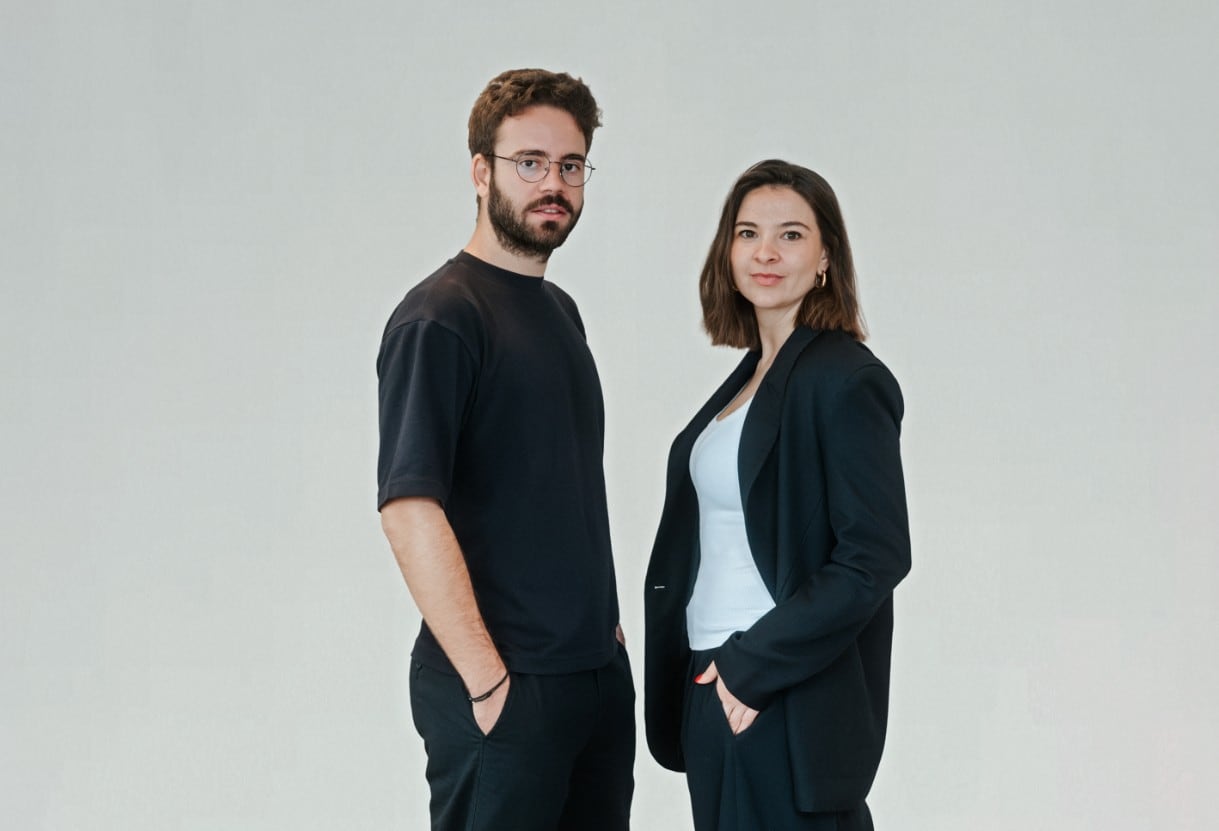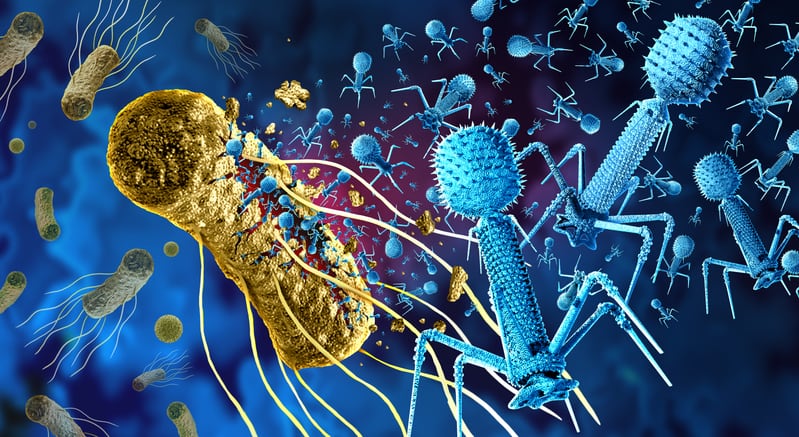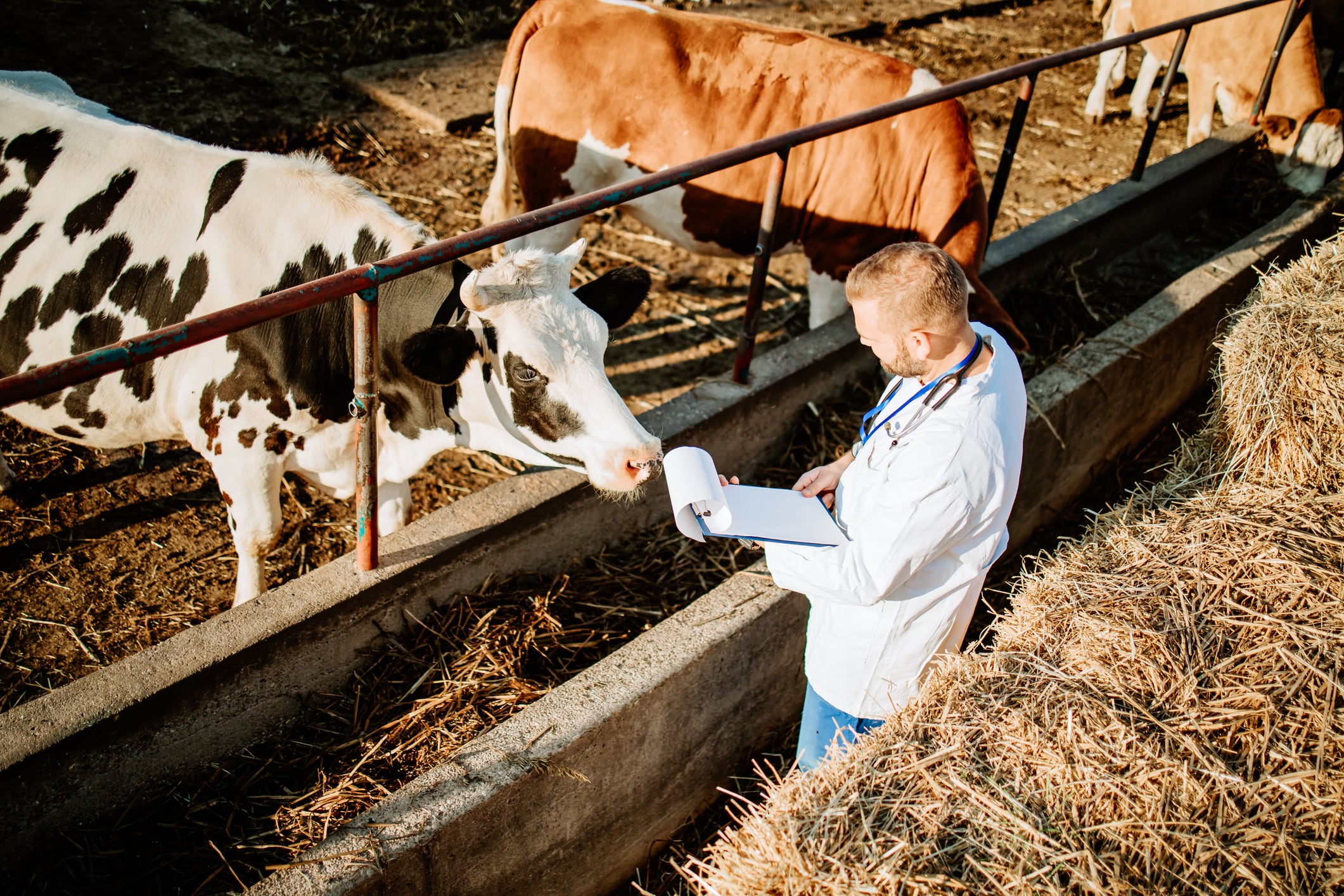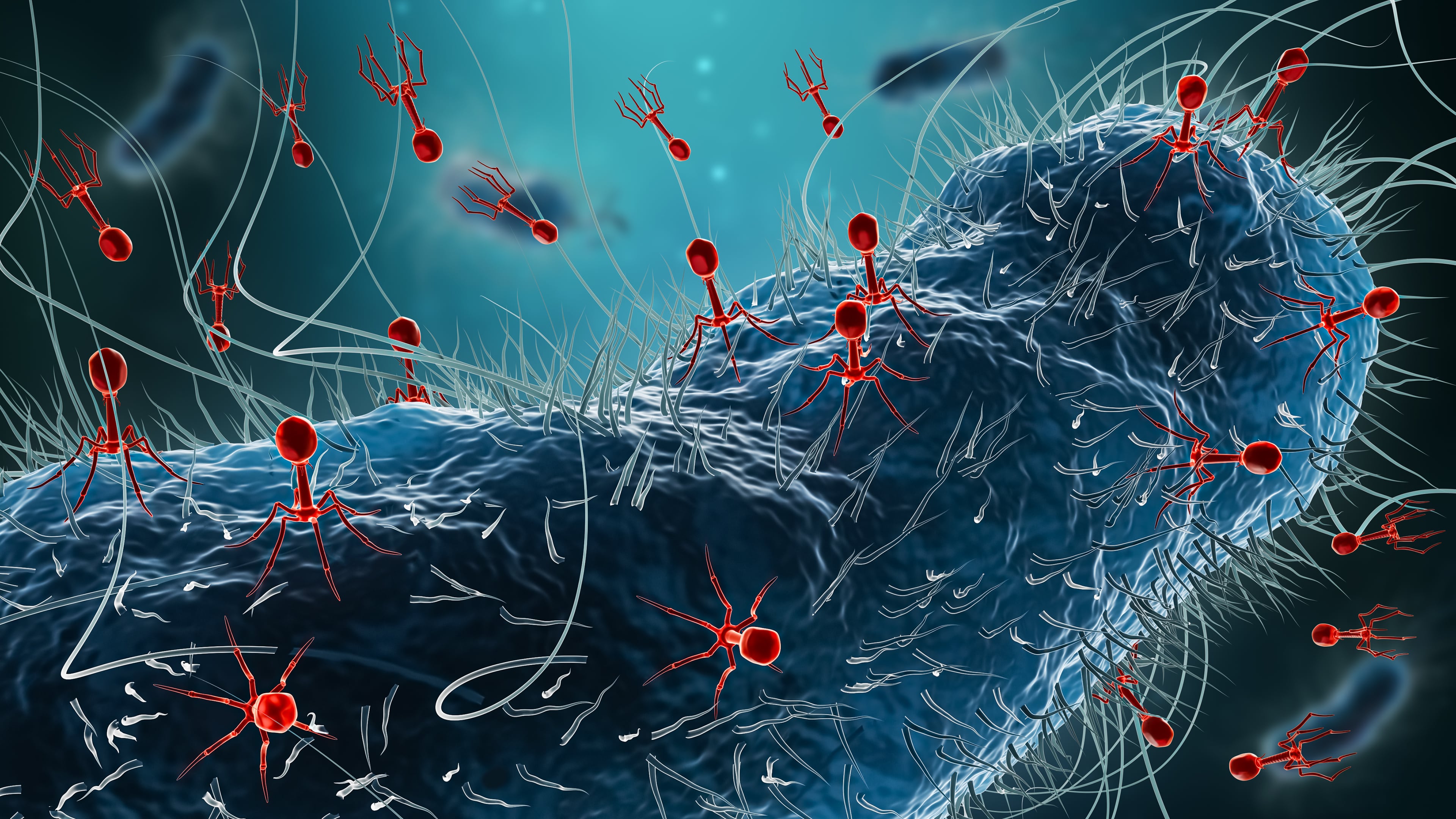Four years after its founding, Phagos has raised a €25m (US$30m) Series A round to accelerate the deployment of its AI-powered phage therapy platform in veterinary medicine and beyond.
The round was co-led by CapAgro, Hoxton Ventures, CapHorn, and Demeter, with participation from Acurio Ventures, Citizen Capital, Entrepreneurs First, Founders Capital, and Station F.
The funding marks a pivotal step for the young company, enabling it to scale up field deployment, expand R&D, and strengthen its international footprint across three continents. It also plans to grow its team, currently composed of 90% scientific and technical talent, to meet rising demand for antibiotic alternatives in agriculture.
A European first
Phagos has become the first company authorized to market personalized phage-based veterinary drugs in the EU - a milestone that sets a regulatory precedent for the field.
Alexandros Pantalis, the startup’s cofounder, credits the company’s approach for achieving this breakthrough:
“Rather than developing a generic, one-size-fits-all product, we focused on building a personalized therapy platform. That was only possible thanks to our proprietary AI and advanced microbiology technology, which earned us the trust of French regulators and led to this first-of-its-kind authorization.”
Reimagining the fight against bacterial diseases
Founded in 2021 by Pantalis and Dr Adèle James, Phagos has developed a next-generation phage therapy process - a targeted alternative to antibiotics that uses bacteriophages (viruses that infect bacteria) to treat infections.
Antimicrobial resistance (AMR) has become one of the most urgent global health threats. Phagos’ approach brings microbiology and artificial intelligence (AI) together in a platform capable of designing ultra-precise, personalized phage therapies. Its first commercial focus is animal health, where bacterial infections such as Salmonella and E. coli continue to cause major economic losses and raise food safety concerns.
“Our ambition is to extend phage therapy from animal health to human health,” Pantalis tells us. “But animal health provides the ideal starting point - shorter R&D and regulatory cycles, clear demand, and the ability to generate massive real-world data that improve our AI models.”
This approval, he adds, provides a “proven regulatory model” for Phagos as it targets expansion into Europe, the Americas, and Asia.
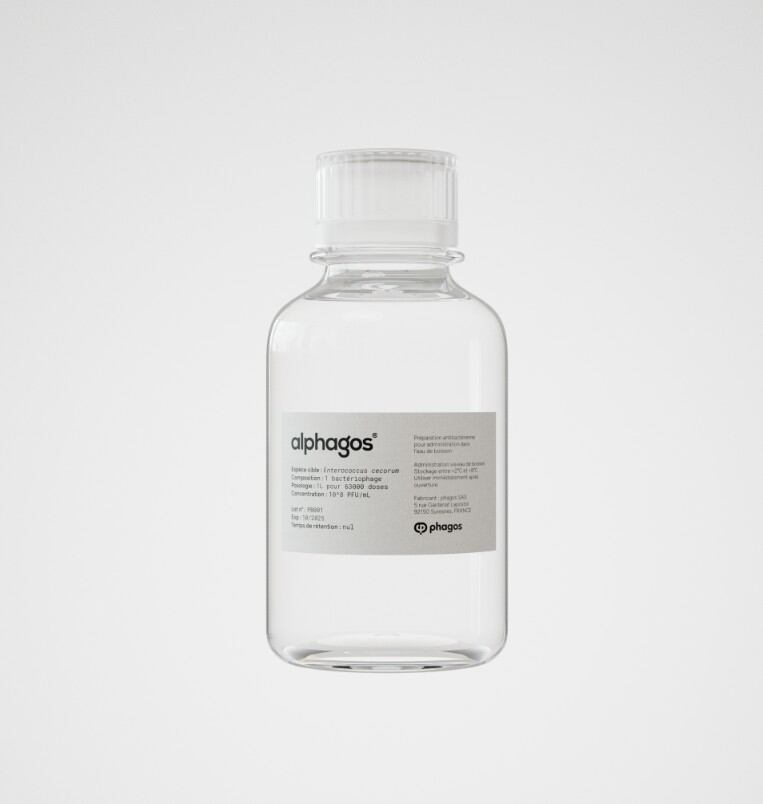
The role of AI in phage discovery
Phage therapy’s greatest challenge has always been scalability: the sheer diversity of bacterial strains and the trillions of potential phage-bacteria interactions make traditional trial-and-error approaches slow and inefficient.
Phagos claims to have solved that problem with its AI-powered phage discovery engine, which can analyze the full genomes of both phages and bacteria to predict their interactions and design custom treatments in minutes rather than years.
Most companies either create static phage formulations that bacteria soon develop resistance to or rely on laborious lab testing, Pantalis explains.
Its AI platform simulates millions of interactions virtually, predicting the most effective combinations instantly. It’s a game-changer for scalability and precision, he claims.
The company has filed patents for its technology and continues to expand its data library through ongoing field deployments with leading industry partners.
‘Phagos’ pioneering platform provides a high efficiency alternative to antibiotics, offering a promising solution to a major global health crisis. This investment will help the company become a category-defining leader, reshaping how bacterial infections are treated with a transformative impact on both animal and human health in a massive global market.’
Rob Kniaz, Founder and Emeritus Partner of Hoxton Ventures.
Overcoming barriers to adoption
While the science is sound, adoption of phage therapy has historically faced skepticism - both from regulators and practitioners - due to limited familiarity, cost concerns, and entrenched reliance on antibiotics. Pantalis believes that’s changing.
“Veterinarians and farmers are already searching for antibiotic-free solutions to meet consumer and market demand,” he says. “The need for alternatives is clear - we just have to design solutions for their specific conditions and prove efficacy. Our evidence-based approach, supported by regulatory approval in France, shows that this is not future science; it’s happening now.”
Strategic backing
The company’s investor base reflects a strategic balance between deep-tech and agri-food expertise, aligning with Phagos’ plan to commercialize quickly while advancing long-term biotech innovation.
“We’re taking a phased approach,” Pantalis says.
Animal health provides immediate commercial potential and generates critical data to improve the platform, he continues. That in turn will accelerate the biotech’s path toward human health applications, which its aims to reach by 2030.
In the next decade, Phagos envisions becoming a global leader in phage therapy, spanning animal, human, and crop health. Its deployments in livestock serve not only as proof of concept but also as a continuous data engine that refines the company’s predictive AI models.
The ultimate goal is to make phage therapy mainstream, says Pantalis. By integrating AI and biology, the company can design phage medicines faster, safer, and more effectively across multiple species, he maintains.


